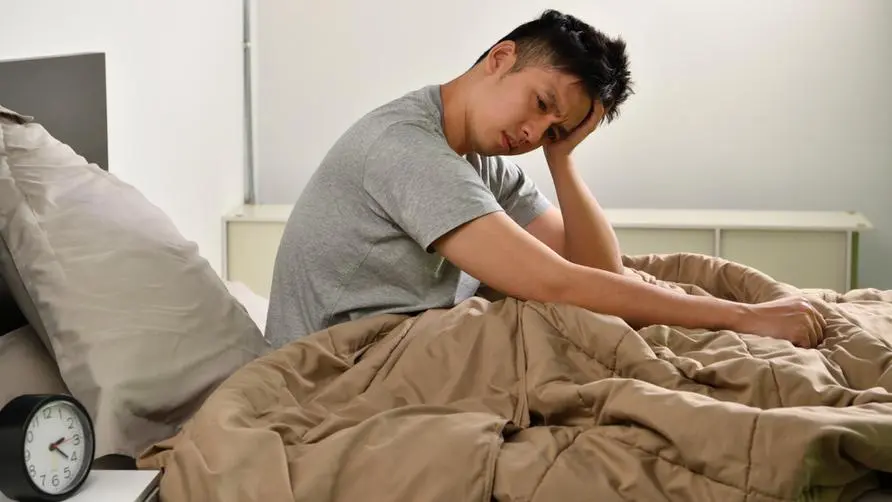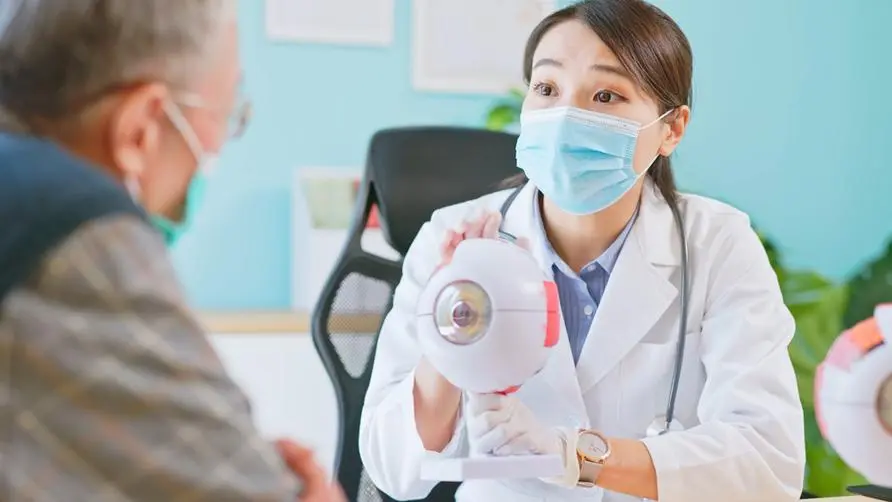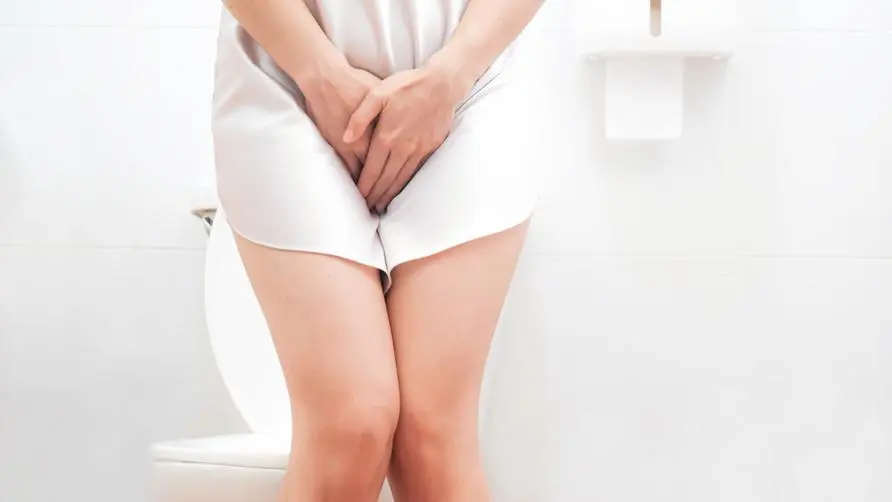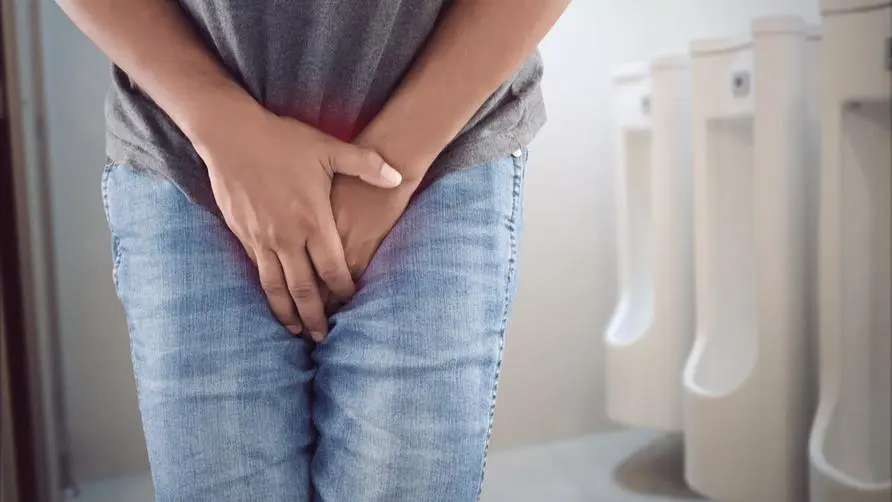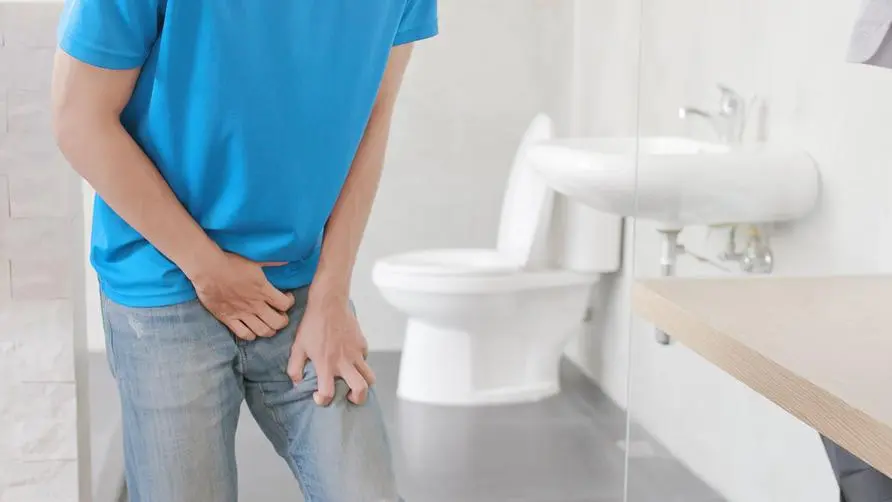Not drinking water and holding in your urine are very harmful to your health! Doctors reveal the consequences of overactive bladder: worse than hematuria
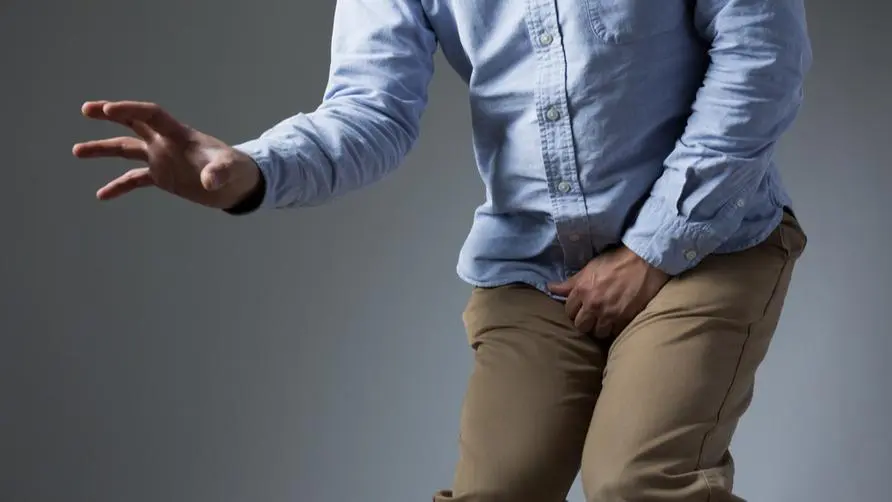
Is holding urine too often harmful to the urinary tract? Medical consequences: hematuria, painful urination, difficulty urinating
Office workers and students often hold back their urine due to busy work schedules. Is this likely to have a serious impact on the urinary tract? Dr. Cai Shuwei, the attending physician of the Department of Urology at Cathay General Hospital, said in an exclusive interview that holding in urine has different effects on men and women. Generally speaking, holding in urine for a long time can easily cause the “detrusor” to be in a tight state, which may lead to detrusor hypertrophy over time. Loss of elasticity, creating risk of detrusor injury.
Dr. Cai Shuwei pointed out that when the detrusor muscle is tightened for a long time, the bladder will become sensitive initially and lead to an “overactive bladder”. In the long term, the bladder will become like a bulging balloon, showing elasticity, fatigue, repeated inflammation, and finally leading to loss of urinary function. get worse. Patients will present with frequent urination, nocturia, and urgency of urination, and young women are more likely to have it than young men. In addition to the above-mentioned problems, if both men and women often hold back their urine, it may cause urinary tract diseases such as painful urination, urinary tract infections, and urinary tract stones.
In addition, Dr. Cai Shuwei also said that women have a shorter urethra, which makes it easy for bacteria to invade. When bacterial invasion and holding in urine are combined, it is easy to cause urinary tract infections (such as pain during urination, frequent urination, hematuria). Holding in urine for a long time can easily lead to urinary tract stones. The incidence rate increases, and repeated urinary tract inflammation may even increase the risk of bladder cancer.
Although young men are less likely to suffer from urinary tract infections, as they age, benign prostatic hyperplasia (BPH) may easily lead to urinary problems such as frequent urination, slow flow, dirty urine and other symptoms. Habits Holding in urine may lead to urinary tract infections such as prostatitis or paraphenitis, leading to symptoms such as hematuria, painful or difficult urination, and urinary tract stones.
Go to the toilet often without drinking water? The culprit may be “overactive bladder”
Frequent trips to the toilet at work may be a warning sign of bladder disease? Dr. Cai Shuwei explained that under normal drinking conditions, if the number of times you go to the toilet more than 8 times during the day and more than 2 times at night is consistent with the clinical definition of “frequent urination”, you need to further understand the cause or seek medical treatment to improve it.
Dr. Cai Shuwei said that if young people experience frequent urination, they must first understand the relationship between their drinking water volume and urination volume, and they can record their own urination logs to observe. If you don’t drink much water but the frequency of urination increases, you should suspect an overactive bladder. At this time, patients will be advised to avoid drinking coffee, green tea and other beverages that can easily make the bladder sensitive. Patients with irritable bowel syndrome and those who are prone to stress are often high-risk groups for overactive bladder. If they have comorbidities, they must be treated as soon as possible.
As for the older group, women aged 50-60 who have gone through menopause or have undergone gynecological surgery; older men who suffer from prostate hypertrophy, or chronic diseases such as stroke, diabetes, Parkinson’s disease, central nervous system damage, etc. may also be at risk. Induces overactive bladder. Elderly people are urged to pay special attention to their disease status and seek medical treatment as soon as possible to control their symptoms.
Drinking too little water may lead to “two major consequences”. Doctor: See a doctor if the color of urine changes quickly.
What are the health effects of drinking too little water? Dr. Cai Shuwei pointed out that there are two more serious aspects: First, the overall metabolism is reduced, and the kidneys produce high concentrations of nitrogen-containing waste products and crystals, which can easily cause burden on the body and form urinary tract stones. Secondly, the urine becomes more concentrated, which is more irritating to the bladder, and the urge to urinate will be felt more frequently.
If you suspect that you have insufficient water intake, Dr. Choi Shu-wei said that you can test your water intake through the “urine specific gravity” and urine color during a urine test. If the urine specific gravity is lighter, it means you drink enough water, and the urine will appear transparent; Otherwise, it will appear yellow or brown. In addition, in the case of special conditions such as hematuria and abnormal bile metabolism, the color of urine may appear differently. If the daily water intake reaches more than 2000cc, and there is no excessive sweat loss, but the urine specific gravity is still high, it is recommended to go to the urology department for further examination as soon as possible.
As for slowing down the speed of drinking water or drinks, will it help improve overactive bladder? Dr. Cai Shuwei clarified that in principle, it takes about 2 hours for water to be processed through the gastrointestinal tract to produce urine. Patients often report that they want to urinate as soon as they drink water. This situation is unlikely to happen under normal circumstances. Therefore, if frequent urination occurs, it may be caused by long-term drinking of large amounts of water or an overactive bladder. Drinking water in the right amount at the right time is still very important.
Finally, doctors remind young people to develop the habit of drinking water moderately. It is recommended to drink more than 2000cc a day. In addition, do not deliberately hold back your urine while at work. If you consciously go to the toilet too often and urinate more than 8 times during the day, it means you may have frequent urination. It is recommended to see a urologist as soon as possible.
Further reading:
